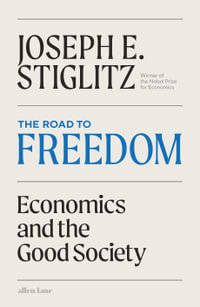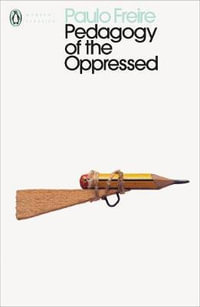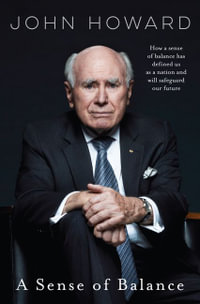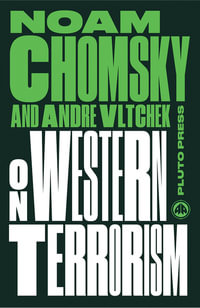
The Myth of the Democratic Peacekeeper
Civil-Military Relations and the United Nations
Paperback | 24 January 2014
At a Glance
Paperback
$103.75
or
Aims to ship in 15 to 25 business days
ISBN: 9781421412139
ISBN-10: 1421412136
Published: 24th January 2014
Format: Paperback
Language: English
Number of Pages: 280
Audience: Professional and Scholarly
For Ages: 22+ years old
Publisher: JOHNS HOPKINS UNIVERSITY PRESS
Country of Publication: US
Dimensions (cm): 22.9 x 15.2 x 1.7
Weight (kg): 0.39
Shipping
| Standard Shipping | Express Shipping | |
|---|---|---|
| Metro postcodes: | $9.99 | $14.95 |
| Regional postcodes: | $9.99 | $14.95 |
| Rural postcodes: | $9.99 | $14.95 |
How to return your order
At Booktopia, we offer hassle-free returns in accordance with our returns policy. If you wish to return an item, please get in touch with Booktopia Customer Care.
Additional postage charges may be applicable.
Defective items
If there is a problem with any of the items received for your order then the Booktopia Customer Care team is ready to assist you.
For more info please visit our Help Centre.
You Can Find This Book In
This product is categorised by
- Non-FictionPolitics & GovernmentPolitical Science & Theory
- Non-FictionWarfare & DefenceMilitary & Defence Strategy
- Non-FictionPolitics & GovernmentComparative Politics
- Non-FictionPolitics & GovernmentPolitical Structure & ProcessesPolitical Structures & Democracy
- Non-FictionPolitics & GovernmentInternational Relations
- Non-FictionPolitics & GovernmentPolitical Structure & ProcessesConstitution & The Government & The State























